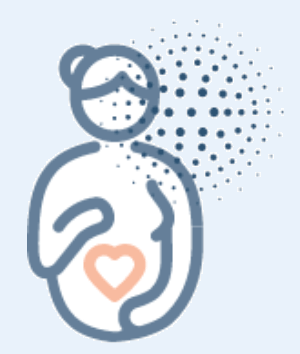Omphalocele and Gastroschisis Precision Panel
Omphalocele, also known as exomphalos, is a midline abdominal wall defect at the base of the umbilical cord where herniation of abdominal contents takes place. The herniated organs are covered by the parietal peritoneum.




